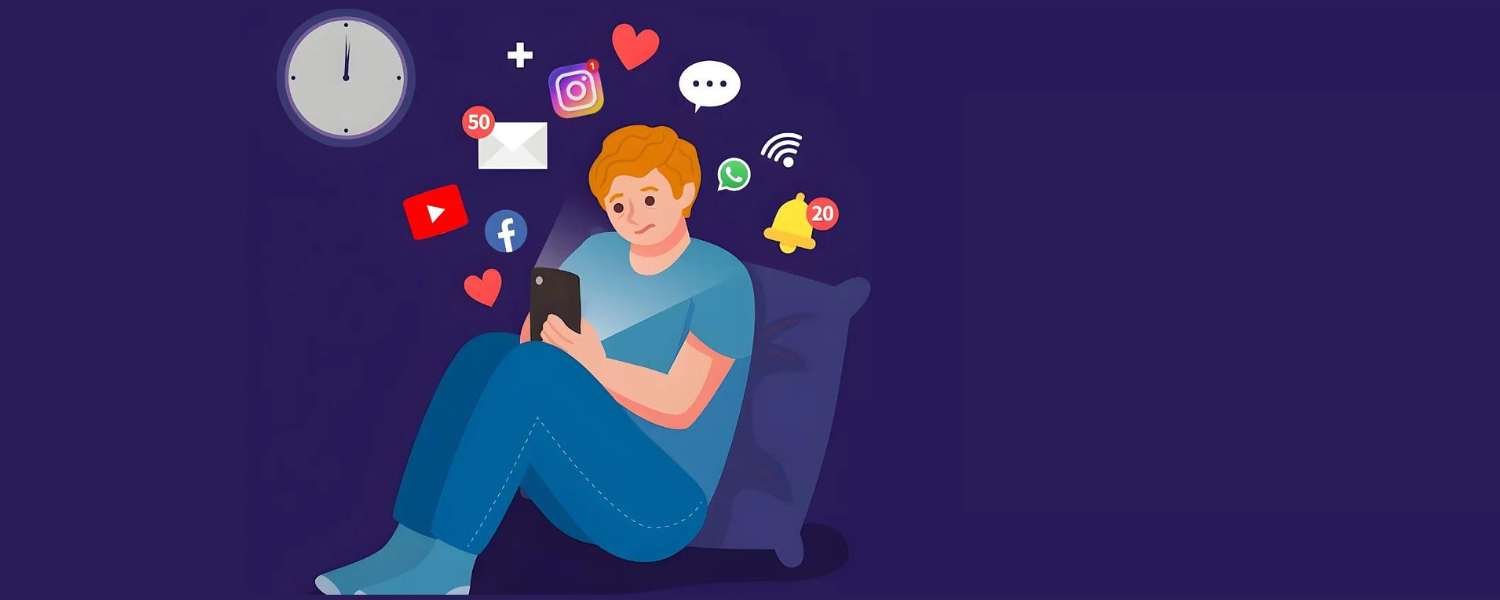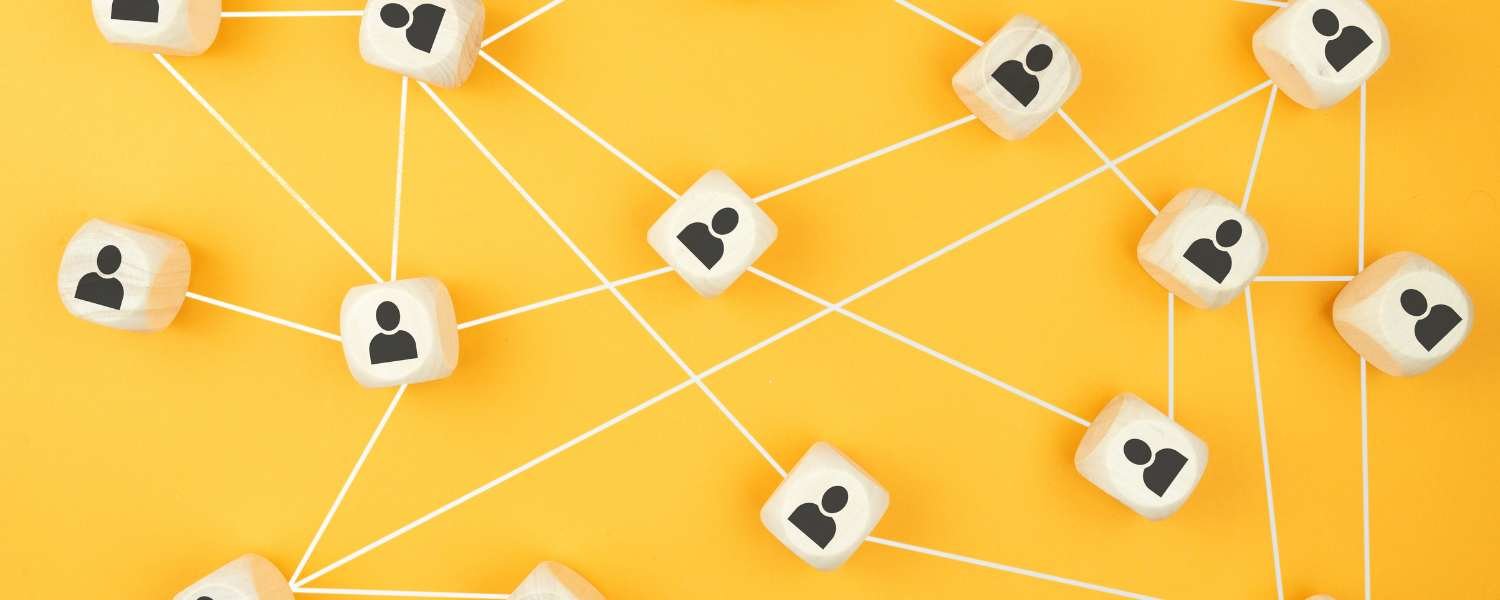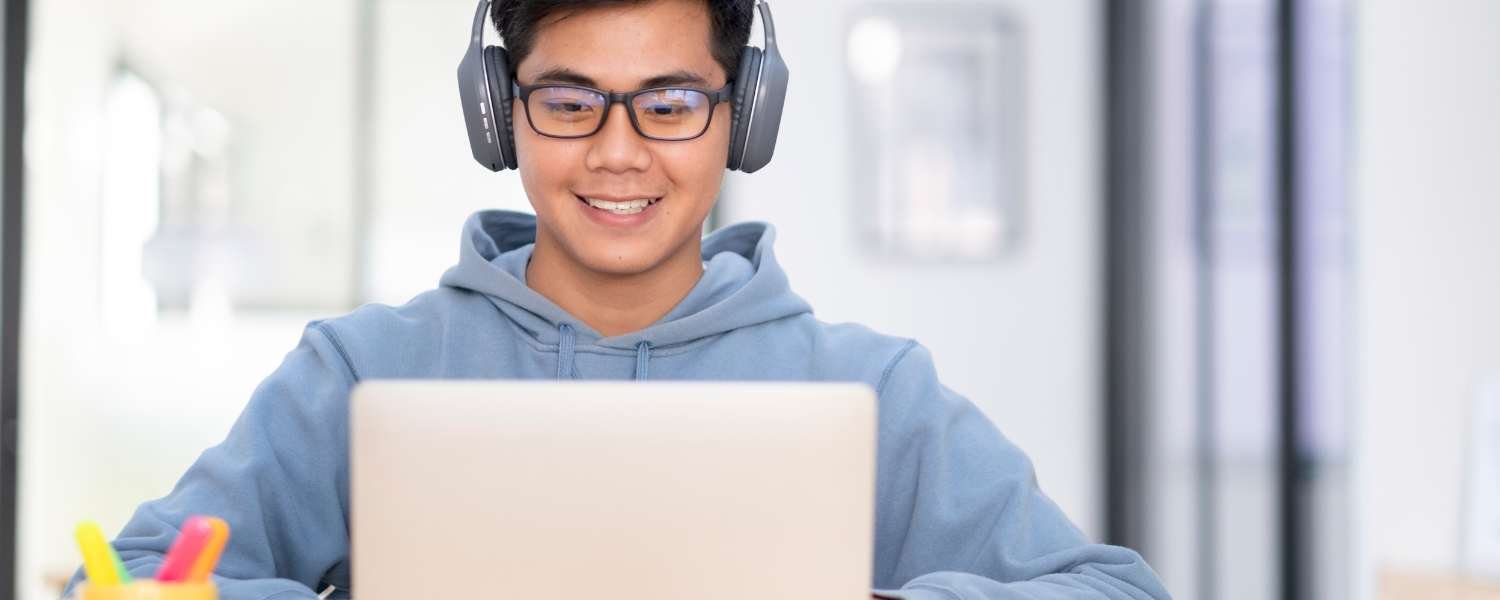Your cart is currently empty!
In today’s interconnected digital landscape, social media remains central. Ubiquitous, shaping how we communicate, interact, and perceive the world. While discussions often revolve around the positive effects of social media on mental health, emerging research has shed light on the positive contributions it can make to our well-being.
Contrary to common misconceptions, social media platforms offer Beyond merely a platform for exchanging photos and updates they represent. Robust tools for fostering connections, providing support, promoting awareness, and nurturing personal growth. Let’s explore the transformative role that the positive effects of social media on mental health play in enhancing mental health and well-being.
What Does the Research Say?

In the ever-evolving landscape of social media, discussions often revolve around its impact on mental health. However, amidst concerns about its adverse effects, it’s essential to recognize the positive impact of social media on mental health. Research has shed light on the positive effects of social media on mental health, highlighting their potential to foster a sense of community, facilitate self-expression, provide social support, and contribute to personal growth.
One of social media’s most significant benefits is its ability to create a healing space for community and connection. Platforms like Facebook, Twitter, and Instagram enable individuals to engage with people with common interests, experiences, and obstacles. They can nurture unity and belonging while providing valuable support networks. Whether engaging in online support communities tailored to specific interests or connecting with like-minded individuals, social media platforms offer a space for camaraderie that can significantly contribute to mental well-being.
Moreover, social media serves as a platform for self-expression, allowing individuals to showcase their creativity, talents, and unique perspectives. Users can express themselves authentically by sharing artwork, writing blogs, or posting videos, enhancing self-esteem and confidence. This avenue for self-expression fosters individual growth and encourages others to embrace their identities without fear of judgment.
Moreover, social media is indispensable for social support, especially during distress or hardship. Whether seeking advice, sharing struggles, or offering encouragement, the online community can be a valuable source of emotional support. For individuals experiencing loneliness or isolation, connecting with others through social media can alleviate feelings of solitude and provide a sense of belonging.
Furthermore, engaging with positive and uplifting content on The beneficial impacts of social media on mental well-being can contribute to personal growth and well-being. From inspirational quotes to motivational stories, exposure to uplifting content can boost mood, instill hope, and foster optimism. By curating their online experiences and positively surrounding themselves, individuals can cultivate a more resilient mindset and enhance their overall mental health.
While social media certainly has its drawbacks, it’s essential to acknowledge its positive effects of social media on mental health. Social media can enhance well-being and enrich lives by fostering community, enabling self-expression, providing social support, and promoting personal growth. However, users must navigate these platforms mindfully, seeking out positive interactions and content while being mindful of potential pitfalls.
The impact of social media on mental health

In today’s digital age, social media has become integral to our lives, shaping how we connect and interact with others. While it’s often criticized for its adverse positive effects of social media on mental health, it’s essential to acknowledge the positive impact of social media on mental health can have on our well-being.
Research has shown that social media can be valuable in fostering social connections and combating loneliness and isolation. Platforms like Facebook, Twitter, and Instagram enable individuals to maintain connections with friends, family, and communities, regardless of geographical barriers. These online interactions can provide emotional support, companionship, and a sense of belonging, enhancing overall mental well-being.
Moreover, social media platforms offer a Room for individuals to exchange their experiences, challenges, and victories openly. This culture of openness and transparency can contribute to diminishing the stigma associated with mental health challenges, encouraging conversations, and promoting understanding and empathy among users. By sharing resources, information, and coping strategies, social media can empower individuals to seek help, access support networks, and manage their mental health more effectively.
Social media platforms are teeming with inspirational content, motivational quotes, and uplifting stories that can boost mood and morale. Engaging with positive and inspiring content can promote feelings of optimism, gratitude, and self-worth, counteracting negative emotions such as stress, anxiety, and depression.
It’s essential to recognize that, like any tool, social media’s impact on mental health depends on how it’s used. By nurturing a mindful and harmonious attitude towards social media usage, individuals can harness its positive aspects while mitigating potential adverse effects. Setting boundaries, practicing digital detoxes, and prioritizing real-life interactions are essential strategies for maintaining a healthy relationship with social media.
In conclusion, while social media undoubtedly challenges mental health, it offers invaluable connections, support, and personal growth opportunities. By leveraging its positive aspects and adopting healthy usage habits, individuals can harness the power of social media to nurture their mental well-being and cultivate a more fulfilling and meaningful life.
Connection with other people

In today’s digital age, social media has become an integral part of our lives, offering numerous benefits, including positive effects on mental health. Among these benefits, one significant aspect is its role in facilitating connections with other people.
Social networking sites like Instagram, Snapchat, TikTok, and Facebook Messenger have transformed interpersonal communication and interaction. Regardless of geographical barriers, individuals can stay connected with family, friends, and acquaintances worldwide. This ability to maintain relationships, even with those who may be physically distant, contributes significantly to our sense of belonging and social support.
Research suggests that nurturing social connections is vital for mental well-being. Engaging in meaningful conversations, sharing experiences, or staying updated on each other’s lives through social media fosters a sense of belonging and emotional validation. These interactions can uplift our mood, reduce loneliness, and boost self-esteem.
While it’s essential to recognize the value of offline interactions, especially in building deeper connections, social media complements these relationships rather than replacing them entirely. The convenience of connecting online allows individuals to bridge gaps in time and distance, making it easier to maintain regular communication even amidst busy schedules.
Moreover, social media offers a platform for expressing thoughts, feelings, and experiences, fostering empathy and understanding among users. Through sharing personal stories or engaging in discussions on various topics, individuals can find solidarity and support within online communities, promoting unity and belonging.
In essence, social media’s positive impact on mental health is evident in its ability to foster meaningful relationships and cultivate a supportive atmosphere for individuals to express themselves. By embracing the benefits of social media while also nurturing offline relationships, we can develop a holistic approach to well-being, enriching our social lives and enhancing our mental health.
Social media is a powerful tool for fostering connections and nurturing relationships, contributing positively to mental well-being well-being. Embracing its potential while maintaining a balance with offline interactions can lead to a fulfilling and enriching social life.
Social Support For Mental Health

ISocial media integrates into daily life, providing platforms beyond photo sharing for communication. Emerging research shows social media can positively impact mental health despite debates on its negatives.Let’s delve into social media’s transformative role in fostering mental well-being.
Social media is a powerful tool for fostering social support networks, a crucial component of the positive effects of social media on mental health. A study examining the correlation between social media use and mental well-being discovered that individuals experiencing anxiety or depression found solace in connecting with professionals and peers virtually. This virtual connection alleviates feelings of isolation and provides a secure setting for individuals to express themselves experiences and seek advice freely.
The positive impact of social media on mental health cannot be overstated. Social media breaks barriers, fostering connections despite distance. Social media connects people and provides support and community. It fosters understanding and solidarity, benefiting mental well-being.
Social media boosts mental health resources and destigmatizes mental illness talks. By disseminating information, promoting self-care practices, and sharing personal stories of resilience, social media platforms empower individuals to prioritize their mental well-being openly and unapologetically.
The narrative surrounding social media’s impact on mental health is evolving. Contrary to popular belief, research indicates that social media can catalyze positivity, offering a stage for fostering social support networks, breaking down stigma, and promoting mental well-being. As we continue to navigate the digital landscape, let’s recognize and harness the positive effects of social media on mental health, leveraging its potential to cultivate a more connected and empathetic society.
Social Media on Mental Health Awareness and Education

In recent years, social media has emerged as a powerful tool for connecting people and fostering mental health awareness and education. Contrary to popular belief, numerous studies have highlighted the beneficial influence of social media on mental well-being. Let’s delve into how social media platforms contribute to promoting mental health awareness and combating the stigma associated with mental health issues.
One of the significant positive effects of social media on mental health is its role in disseminating valuable information. Individuals, organizations, and mental health professionals utilize these platforms to share insights, resources, and support networks. Through informative posts, interactive discussions, or live sessions, social media provides a space for people to access reliable information about various mental health conditions and treatment options.
Social media fosters open discussions on mental health, breaking barriers and stigma. By sharing personal stories, experiences, and coping strategies, individuals can find solidarity and understanding within online communities. This sense of belonging fosters empathy and support, encouraging individuals to seek help and prioritize their mental well-being.
Social media expands mental health awareness, benefiting from wide accessibility and reach. Social media reaches diverse audiences globally, breaking barriers of geography and demographics. This widespread reach enables mental health advocates to engage with diverse populations and amplify their messages, ultimately reaching those who may have limited access to conventional mental health resources.
Social media platforms empower individuals, fostering control over the positive effects on mental health. From mindfulness apps to online therapy platforms, social media offers many tools and resources to enhance well-being and resilience. Through targeted advertisements and personalized recommendations, individuals can discover tailored interventions and support services that cater to their needs and preferences.
social media’s positive effects on mental health awareness and education cannot be understated. By leveraging the power of these platforms, we can continue to foster inclusive communities, challenge stigma, and empower individuals to prioritize their mental well-being. Together, let’s harness the potential of social media to create a world where all people recognize, understand, and support mental health.
The positive aspects of social media

Social media’s role in mental health sparks debates in our digital era. Social media can harm, but it aids mental health too. Contrary to popular belief, social media can foster positive emotions and support mental health in various ways. Let’s explore some of how social media benefits mental well-being.
1. Communication and Connection
Social media fosters communication, maintaining connections, benefiting mental health positively. Social media connects people globally, fostering belonging, supporting relationships, bridging geographical gaps, and maintaining connections.
2. Building Communities
Social media platforms provide a space to connect with like-minded individuals and communities. Social media connects like-minded individuals. Engage with communities, sharing your passions, hobbies, or causes effortlessly. This sense of belonging and camaraderie can boost self-esteem and overall mental well-being.
3. Support Networks: Social media can be a crucial reservoir of emotional solace during challenging times. It provides connections for those seeking advice, empathy, or a listening ear during struggles. From online support groups to heartfelt messages from friends, these interactions can provide comfort and reassurance.
4. Creativity and Self-Expression
Social media fuels creative expression, showcasing talents, ideas, and perspectives worldwide. Social media allows authentic expression through art, photography, writing, and music, empowering individuals to share and connect.
5. Access to Information and Learning
Social media, used wisely, offers valuable information without sacrificing its importance. Learning. Social media grants access to diverse knowledge and perspectives, fostering curiosity, learning, and personal development.
While social media usage should be approached mindfully and in moderation, it’s essential to acknowledge social media advantages and disadvantages . Social media fosters communication, connection, support, creativity, and learning, enhancing well-being and belonging in digital communities.
Be a Mindful User

In today’s digital age, social media has become integral to our lives, offering various ways to connect and share information. Research suggests social media can positively impact mental health when used effectively and mindfully. Exploring social media’s well-being impact is crucial, as is maintaining healthy social media interaction.
Social media use for connection and information exchange correlates with positive mental health, as per studies. Social media fosters belonging, support, and creativity through regular engagement. These interactions contribute to feelings of happiness, fulfillment, and overall well-being.
Moreover, social media is valuable for raising awareness about mental health issues and promoting positive messages of self-care and resilience. Online communities offer solace, advice, and support for individuals facing similar challenges. These virtual spaces’ sense of solidarity and understanding can alleviate loneliness and isolation, ultimately bolstering mental health.
However, it’s crucial to acknowledge that not all social media use is beneficial. Excessive engagement stems from FOMO and validation-seeking, harming mental health. Prioritizing our health & wellness is crucial for maintaining a balanced state of mind and body. Social media fosters anxiety and depression through comparison and cyberbullying, undermining self-esteem.
To harness social media’s positive impact on mental health, it’s essential to cultivate mindfulness in our online interactions. Being mindful involves:
-
Consciously engaging with social media.
-
Recognizing its potential benefits and pitfalls.
-
Making deliberate choices about how we consume and contribute to online content.
Establish boundaries, take breaks, and prioritize. Build real relationships to maintain balance amid life’s demands. Our digital and offline worlds.
When used mindfully, social media can improve mental health & wellness. We’re amplifying awareness of mental health concerns by fostering meaningful connections, providing support networks, and leveraging social media. The power to uplift and empower individuals lies within these platforms. We must monitor our online habits and prioritize self-care for a positive digital impact on our well-being. If you find that your Social Media Make It Positive habits are negatively impacting your mental health, feel free to connect with a therapist or mental health professional who can provide the support you need without any hesitation. Navigate these challenges effectively.
Conclusion
Understanding social media’s impact on mental health and well-being is crucial for leveraging its positive potential. Social media supports wellness, fostering connections, offering support, raising awareness, and aiding personal growth. However, achieving this requires a mindful usage approach, acknowledging its benefits and pitfalls. Maintain balance on social media, be self-aware, engage intentionally. It enriches lives and fosters healthier digital spaces.
